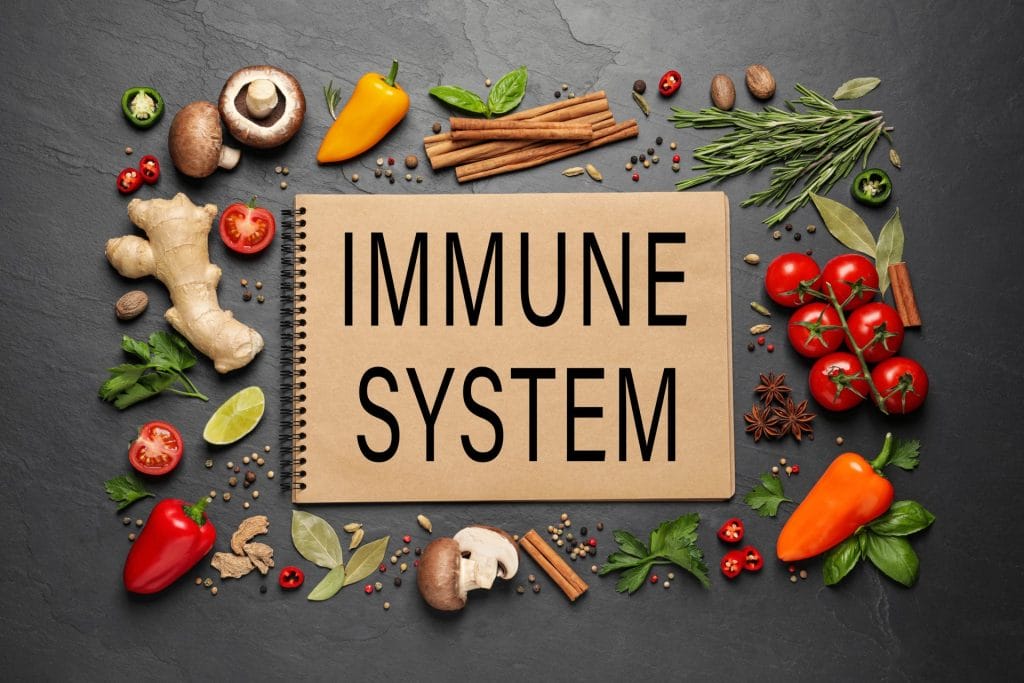Increase Stamina & Endurance: Your Effective Support Guide
Are you tired of feeling exhausted halfway through your day? Do you find yourself struggling to keep up with physical activities or feeling drained before noon? You’re not alone in this battle against fatigue and low energy. Millions of people worldwide are quietly suffering from the same issue that could be robbing you of your potential and joy. The Hidden Energy Crisis That’s Destroying Your Life Picture this: It’s 2 PM on a Tuesday, and you’re already feeling like you’ve run a marathon—even though all you did was handle some work tasks and climb a flight of stairs. Your energy tank feels completely empty, your motivation has vanished, and the thought of doing anything physical makes you want to crawl back into bed. Here’s the brutal truth: Your low stamina isn’t just about being “out of shape.” It’s a complex issue that affects every aspect of your life, from your career performance to your relationships, and even your long-term health prospects. The Problem: Your Body is Running on Empty You wake up tired, drag yourself through the day, and collapse exhausted at night, only to repeat this cycle endlessly. This isn’t just fatigue—it’s your body’s cry for help. Your stamina and endurance are the foundation of everything you do, yet most people never address the root causes of their energy depletion. Stamina is your ability to sustain prolonged physical or mental effort [1]. It’s the strength and energy that allows you to keep pushing yourself through challenges for extended periods, even when discomfort sets in. Endurance, while closely related, focuses on your capacity to maintain lower-intensity activities for longer durations [2]. When these crucial components are compromised, every aspect of your life suffers: Your career suffers when you can’t maintain focus or energy throughout the workday Your relationships strain when you’re too tired to be present and engaged Your health deteriorates as you become more sedentary and less active Your dreams remain unfulfilled because you lack the energy to pursue them The Modern Lifestyle Trap Today’s fast-paced world has created the perfect storm for stamina depletion. We’re eating processed foods that provide quick energy spikes followed by devastating crashes. We’re sitting for hours, weakening our cardiovascular systems. We’re stressed beyond measure, constantly burning through our energy reserves without proper recovery [3]. Consider these alarming statistics: The average person sits for 9-10 hours per day, leading to decreased cardiovascular fitness [4] 76% of people report feeling tired at work, with poor stamina being a leading cause [5] Only 23% of adults get the recommended amount of physical activity needed to maintain adequate stamina [6] The Agitation: What’s Really at Stake When Your Stamina Fails – Effective support Your Dreams Are Slipping Away Every Day That hiking trip you’ve been planning? Those weekend adventures with friends? The active lifestyle you promised yourself you’d start “someday”? They’re all slipping through your fingers because your body simply can’t keep up with your ambitions. Every day you delay addressing your stamina issues is another day you’re not living your full potential. While others are conquering mountains—literal or metaphorical—you’re stuck on the sidelines, watching life pass you by. Your Health is Deteriorating Faster Than You Think Low stamina isn’t just inconvenient; it’s dangerous. Research shows that people with poor cardiovascular endurance have a significantly higher risk of chronic diseases and mortality [7]. Your VO₂ max—the amount of oxygen your body can use during exercise—is one of the strongest predictors of longevity and health span [8]. Think about this: Every time you choose the elevator over the stairs because you’re “too tired,” your cardiovascular system weakens a little more. Every time you skip physical activities because you lack the energy, your muscle mass decreases, your bone density drops, and your metabolic health suffers. Your Mental Performance is Crashing The connection between physical stamina and mental performance is undeniable. When your body lacks endurance, your brain suffers too. Studies show that people with higher cardiovascular fitness demonstrate better cognitive function, improved memory, and enhanced decision-making abilities [9]. Your lack of stamina is literally making you less intelligent and less capable of handling the mental demands of modern life. Brain fog, poor concentration, and mental fatigue are all symptoms of insufficient physical stamina. You’re Becoming Invisible in Your Own Life Perhaps the most heartbreaking consequence of low stamina is how it makes you fade into the background of your own life. You start saying “no” to opportunities, avoiding challenges, and settling for a smaller existence because you simply don’t have the energy to show up fully. You’re becoming a spectator in your own life story instead of the hero you were meant to be. The Financial Cost is Staggering Low stamina doesn’t just cost you emotionally and physically—it hits your wallet hard too. Consider the hidden financial costs: Medical expenses from preventable health conditions linked to poor fitness Lost productivity at work due to fatigue and low energy Missed opportunities for career advancement because you can’t maintain high performance Expensive quick fixes like energy drinks, supplements, and medical treatments that only mask the symptoms Research suggests that employees with low fitness levels cost companies an average of $3,000 more per year in healthcare costs and lost productivity [10]. The Solution: Your Complete Stamina & Endurance Transformation Guide The good news? You have more control over your stamina and endurance than you might think. With the right approach, you can dramatically increase your energy levels, build lasting endurance, and reclaim the vibrant, energetic life you deserve. Understanding the Science of Stamina Building Before diving into specific strategies, it’s crucial to understand how stamina actually works. Your body’s ability to sustain effort depends on several interconnected systems: 1. Cardiovascular System: Your heart’s ability to pump oxygen-rich blood efficiently to working muscles. 2. Respiratory System: Your lungs’ capacity to take in and utilize oxygen effectively. 3. Muscular System: Your muscles’ ability to contract repeatedly without fatigue. 4. Metabolic System: Your body’s efficiency at converting fuel (food) into usable energy. 5. Neural System: Your nervous system’s ability to coordinate and sustain muscle contractions. Improving stamina requires addressing all these systems through targeted
Increase Stamina & Endurance: Your Effective Support Guide Read More »








.png)
